When people actively participate in the development process, of course, they themselves must be the first to enjoy the fruits of that development.
Since 1986, with the adoption of the Declaration on the Right to Development, the United Nations (UN) has officially recognized the right to development as both an individual right and a collective right (the right of a group, nation, or people). And currently, the UN is drafting an international convention on the right to development, aiming at international legal force binding on member states, affirming that the right to development is a human right, including both individual and collective rights.
With the position and strength after nearly 40 years of national renovation, with new opportunities and chances, there is a need to maximize human resources, as well as to let socialist people best inherit the results of the renovation and development process.
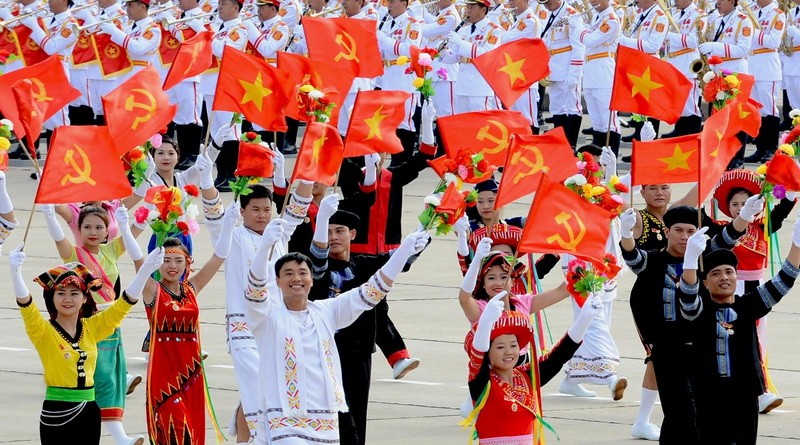 |
| When people actively participate in the development process, they themselves must be the first to enjoy the fruits of that development. |
The right to participate and the right to enjoy the fruits of development
The preamble of the 1986 UN Declaration on the Right to Development recognizes that “human beings are at the centre of development and therefore development policies must ensure that human beings are the main participants in and beneficiaries of development.”
The Vienna Declaration and Programme of Action (1993) reaffirmed that “since man is the central subject of fundamental rights and freedoms, he must be the primary beneficiary and must actively participate in the realization of his rights and freedoms”.
First , discuss human participation in the development process. The 1986 Declaration on the Right to Development and the 1993 Vienna Declaration and Programme of Action emphasize that development policies need to make people the main participants and active participants in the realization of human rights and freedoms.
That is, national development policies must make people the main participants, linked to the human-centered approach, the subject of development programs and strategies, that is, development for people. In this aspect, people are the target, the goal to be achieved in planning development programs and policies. However, to achieve development goals for people, people cannot be passive and wait, but must actively participate in the development process.
According to international standards, the first responsibility in implementing human rights belongs primarily to the state with three levels of obligations (respect, protect and implement). The state must have mechanisms and policies to create a legal corridor for the implementation of human rights, so that each individual is aware of their rights and actively and proactively exercises their rights and freedoms.
And so, human participation is the right to participate, the connotation of which is the implementation of human rights in civil, political , economic, cultural, social... This is not only to achieve the goal of taking people as the center and subject, but also towards comprehensive human development.
Second , the human aspect is the main beneficiary of the results of development. Development for individuals is physical and mental comprehensiveness according to human development criteria; development for nations and peoples is a comprehensive process, with civil, cultural, economic , environmental, political and social prosperity, the aim of which is to continuously improve the welfare of the entire population and of all ethnic groups living within the national territory, individuals on the basis of their active, free and meaningful participation in development and the fair distribution of benefits.
When people actively participate in the development process, in planning national development policies and strategies in all areas of social life and organizing effective implementation, of course, no one else but they must be the first to enjoy the fruits of development. This is a basic human right - the right to enjoy the fruits of development. And to ensure the implementation of this right, it requires the distribution of benefits in a public and fair manner based on the consistent principles of international human rights law, which are equality and non-discrimination, leaving no one behind.
Apply to current national development
The right to participate and the right to enjoy the results of development are of special importance in formulating policies for national development, human development, economic and social development, aiming for people, taking people as the center, respecting, ensuring and protecting human rights and considering them both the goal and the driving force for social development.
Firstly , regarding the human-centered viewpoint, in the Platform (supplemented and developed in 2011), our Party determined that "Humans are the center of the development strategy and at the same time the subject of development. Respect and protect human rights, link human rights with the rights and interests of the nation, country and the people's right to mastery".
This viewpoint of the Party is completely consistent with the approach of the international community. At the same time, from the approach and determination of people as the center in planning development policies at the 11th Party Congress, to the 13th Party Congress, the subject of rights is developed one step further, which is the People, "The People are the center, the subject of the cause of innovation, construction and protection of the Fatherland; all policies and strategies must truly originate from the lives, aspirations, rights and legitimate interests of the People, taking the happiness and prosperity of the People as the goal to strive for".
Second , regarding the view that humans are the central subject of human rights. In the 2013 Constitution, out of a total of 120 articles, 36 of the Constitution stipulate human rights, rights and obligations of citizens. Human rights in the 2013 Constitution are mainly human rights as the rights of individuals and citizens. And besides individual rights, there are provisions on collective rights, group rights, such as the rights of children, women, youth, etc.
Currently, in the draft of the UN Convention on the Right to Development, one of the principles put forward is “Individual- and people-centered development: individuals and peoples are the central subjects of development and need to be active participants and beneficiaries of the right to development”.
Therefore, one of the issues that needs to be clarified is that when the Party mentions people as the center, it needs to be understood from the international community's approach, both as individuals and as collectives/groups, and similarly, when talking about "People", it is also necessary to understand People both as individuals and as collectives and groups.
And so, human rights imply both individual rights and group rights; people's rights imply both individual rights and collective rights, but throughout they are individual rights as stipulated in the 2013 Constitution.
Recognizing this issue is of particular importance in approaching human rights in formulating national development and human development policies. Especially the application of the Party's theoretical viewpoint on taking people, taking the People as the center, subject, goal, and driving force of national development.
| When people actively participate in the development process, in planning national development policies and strategies in all areas of social life and organizing effective implementation, of course, they themselves must be the first to enjoy the fruits of that development. And to ensure the implementation of this right, it requires the distribution of benefits in a public and fair manner based on the consistent principles of international human rights law, which are equality and non-discrimination, leaving no one behind. |
Third , about people participating in and enjoying the fruits of the development process.
On the right to participate: The right to participate is one of the political democratic rights that the Party and State pay special attention to.
The right of people to participate is expressed in many Party documents, with the viewpoint of "Ensuring people's participation in all stages of the process of making decisions related to people's interests and lives, from raising initiatives, participating in discussions and debates to supervising the implementation process"1 and implementing the principle of "People know, people discuss, people do, people check, people supervise, people benefit".
At the same time, promote people's participation in the work of the Party and State with the viewpoint: "In all work of the Party and State, we must always thoroughly grasp and seriously implement the viewpoint that "people are the root"; truly trust, respect and promote the people's right to mastery, persistently implement the principle of "people know, people discuss, people do, people check, people supervise, people benefit".
The Party's viewpoint on ensuring people's participation has been stipulated in the Constitution and law. Article 28 of the 2013 Constitution stipulates that (1) Citizens have the right to participate in state and social management, to participate in discussions and make recommendations to state agencies on issues of the grassroots, locality and the whole country; (2) The State creates conditions for citizens to participate in state and social management; and is open and transparent in receiving and responding to citizens' opinions and recommendations.
The Law on Implementing Democracy at Grassroots Level 2022 specifically stipulates the contents for people to discuss and decide (Chapter 2, Section 2 People discuss and decide; Section 3 People participate in giving opinions).
Basically, the Party's viewpoint is consistent with the general approach of the international community. However, it has only stopped at ensuring participation with the State creating conditions for people to participate and regulating new forms of participation mainly at the grassroots level; it has not paid attention to approaching and regulating measures to raise people's awareness to proactively and actively participate in implementing human and citizen rights and freedoms.
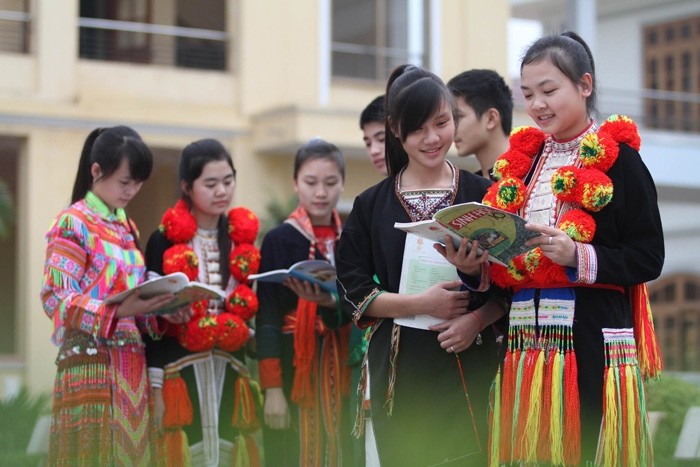 |
| Vietnam has made increasingly impressive achievements in ensuring the rights of ethnic minorities, thereby contributing to enhancing our country's reputation in implementing international commitments, especially the CERD Convention. (Source: Communist Party of Vietnam Online Newspaper) |
Regarding the right to enjoy: The 13th Party Congress emphasized the viewpoint of persistently implementing the principle of "people know, people discuss, people do, people check, people supervise, people enjoy".
Although the content of the beneficiaries has not been clearly stated, the people's rights to enjoy are stipulated for the first time in Article 7 of the Law on Implementation of Democracy at the Grassroots Level in 2022 with the following contents: (i) being recognized, respected, protected, and guaranteed by the State and law to exercise human rights and civil rights in terms of politics, civil, economic, cultural, and social aspects, and to exercise the rights to implement democracy at the grassroots level according to the provisions of this Law and other relevant legal provisions; (ii) being fully and promptly informed about the legitimate rights and interests, social security policies, and social welfare according to the provisions of law and decisions of local authorities, agencies, units, and organizations where they reside, work, and work; (iii) enjoy the results of innovation, socio-economic development, social security regime, safety and stability of the country, locality, agency, unit, organization that employs laborers and the results of democracy implementation in the place where they reside, work and do business; (iv) be given conditions to participate in studying, working, laboring, producing, doing business, improving and enhancing the material and spiritual life of themselves, their families and the community.
On the basis of the Party's viewpoints and the provisions of the Constitution and laws, the right to participate and the right to enjoy need to continue to be researched and scientifically based, ensuring the people's right to participate substantially and proactively in state and social management activities, proactively and actively participating in implementing human and citizen rights and freedoms as stipulated in the Constitution and laws, and the right to fairly enjoy the fruits of the development process and the fruits of the renovation process.
Source: https://baoquocte.vn/con-nguoi-chu-the-tham-gia-thu-huong-thanh-qua-cua-phat-trien-295502.html



![[Photo] Prime Minister Pham Minh Chinh chaired a meeting of the Steering Committee on the arrangement of public service units under ministries, branches and localities.](https://vphoto.vietnam.vn/thumb/1200x675/vietnam/resource/IMAGE/2025/10/06/1759767137532_dsc-8743-jpg.webp)
![[Photo] Prime Minister Pham Minh Chinh chairs a meeting of the Government Standing Committee to remove obstacles for projects.](https://vphoto.vietnam.vn/thumb/1200x675/vietnam/resource/IMAGE/2025/10/06/1759768638313_dsc-9023-jpg.webp)



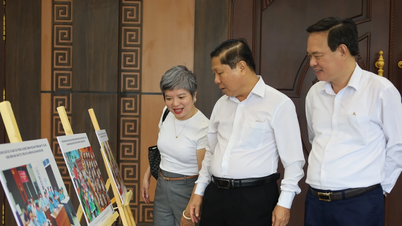

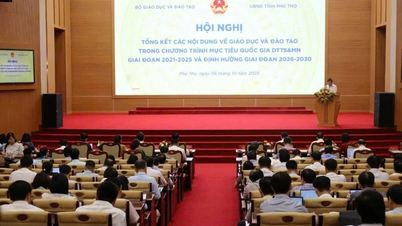

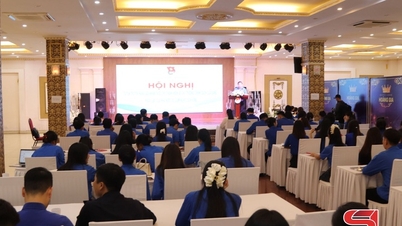

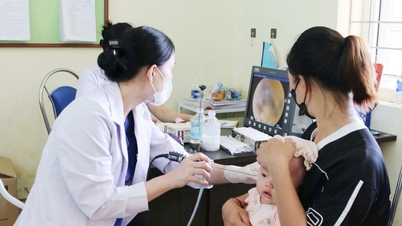

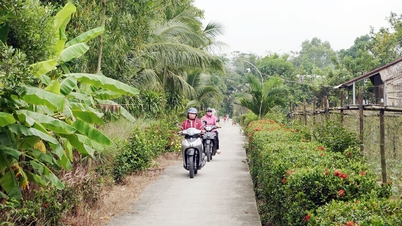

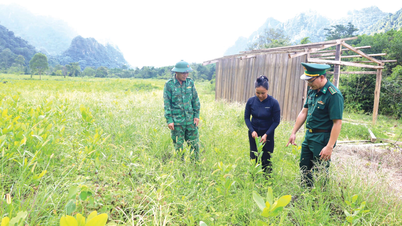





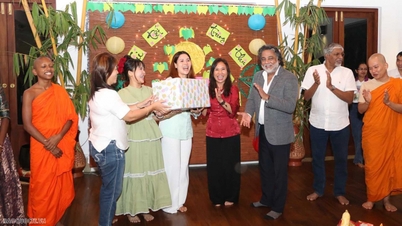
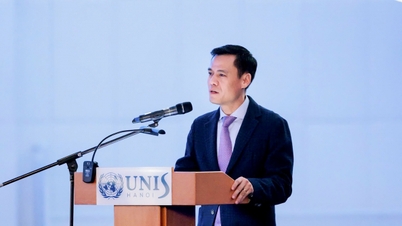
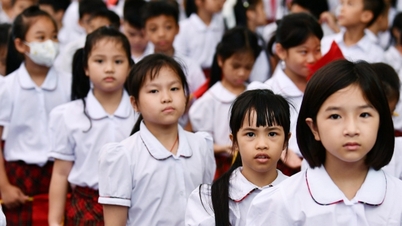
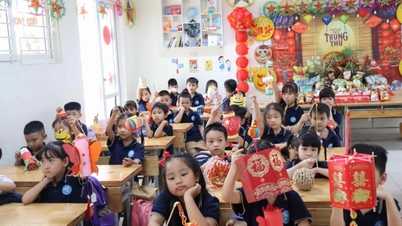
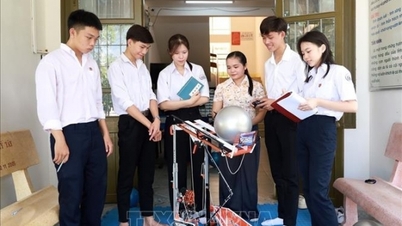
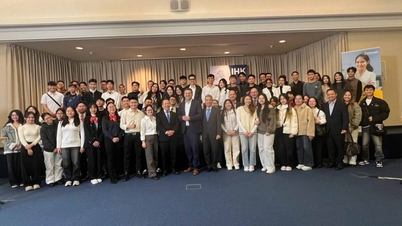
















































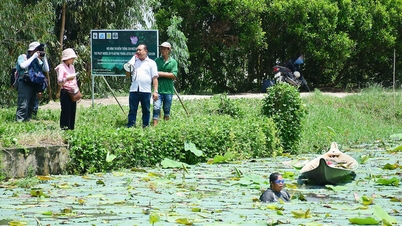


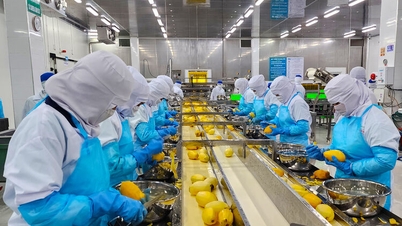














Comment (0)